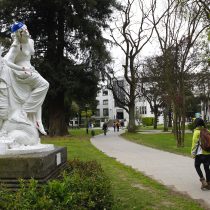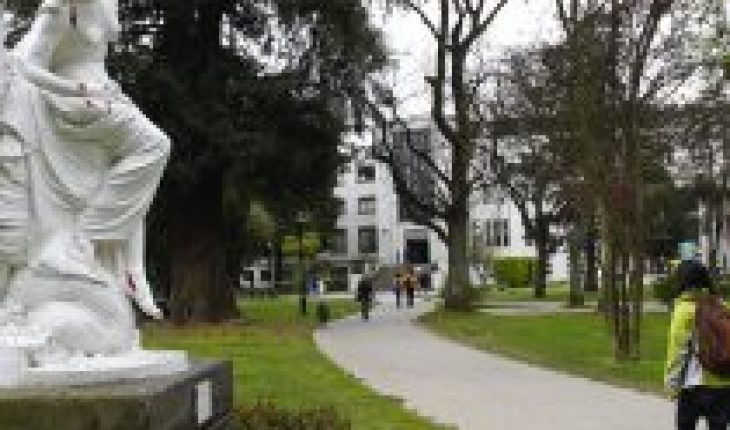
For several years, Every 31 March, The Day of the Regions has been celebrated. Many people must find it strange to make explicit recognition of the contribution that territorial communities made and make in the country’s history and its current and future development. However, this day makes a lot of sense in a country like Chile.
It is the regions that have contributed the material wealth with which the national economy has been cemented, through mining, agriculture, fisheries, energy, forestry, tourism, among others.
It has been the regions that have contributed the women and men who have written the most important pages in national history. Our two Nobel Laureates, hundreds of artists, intellectuals, scientists, professionals and technicians who have built the materiality and spirituality of our country. Work in which peasants and workers, fishermen, miners and urban employees have also contributed.
Today, thousands of people in the most remote corners of our geography face the pandemic working in offices and hospitals, or maintaining activities essential to the functioning of the economy and society.
Celebrating this day also makes sense because various circumstances have become an anomaly process of development, one of whose edges are territorial inequalities and a marked economic, political and social centralism. This makes the possibilities of realization of Chileans tend to be different, depending on where they are born and lived.
As a response to the above, regional communities saw in the creation of their Higher Education institutions an alternative and an instrument to train the human resources they required, to generate knowledge relevant to the challenges and potentials of their environment and to promote art, culture, science and other manifestations fundamental to more human development. These institutions have made a great contribution and in all cases are recognized as “our universities”.
But realities remain that indicate how far forward remains. The results of the transition test – exPSU – continue to show inequities in an area as important as education. Students in the Santiago region had higher averages by 20 points than the rest of the country and more than 25 for several regions, especially in the north. These are schooling gaps that will demand significant efforts from regional universities to overcome them and get each student to deploy the talents they possess.
However, as the efforts of regional universities to overcome these obstacles and train the professionals and technicians that each territory requires, the tariffs applied to their programmes are, on average, the lowest in the system. Indeed, these institutions have lower annual tariffs of more than 30% compared to those charged by universities with their rectories in Santiago. These tariffs are an effort by academic communities to adapt to the economic capacities of families with whom these institutions are in solidarity.
The Day of regions is a day to strengthen engagement with regions, decentralization and harmonious, fair and balanced national development.
The content poured into this opinion column is the sole responsibility of its author, and does not necessarily reflect the editorial line or position of El Mostrador.





